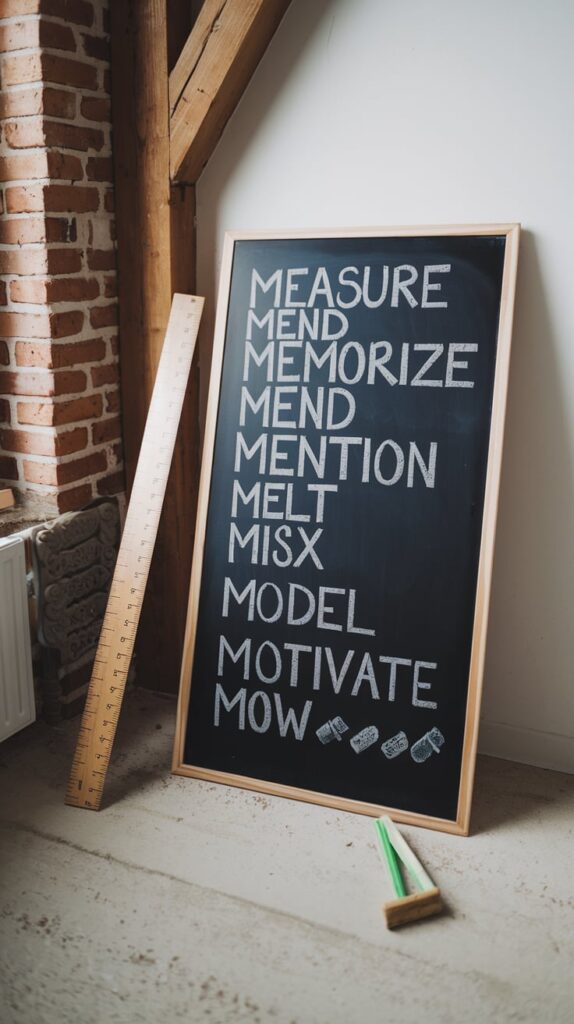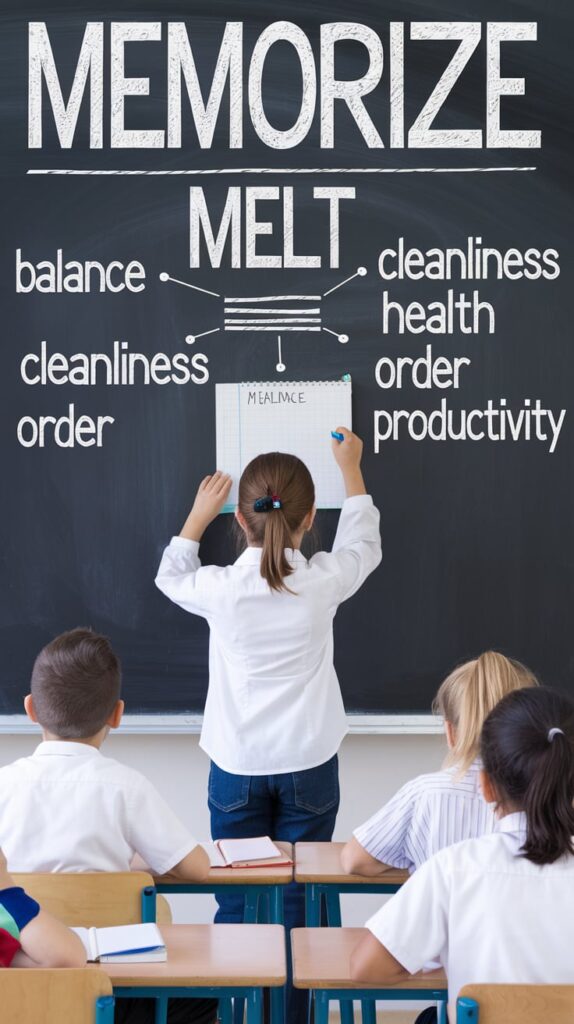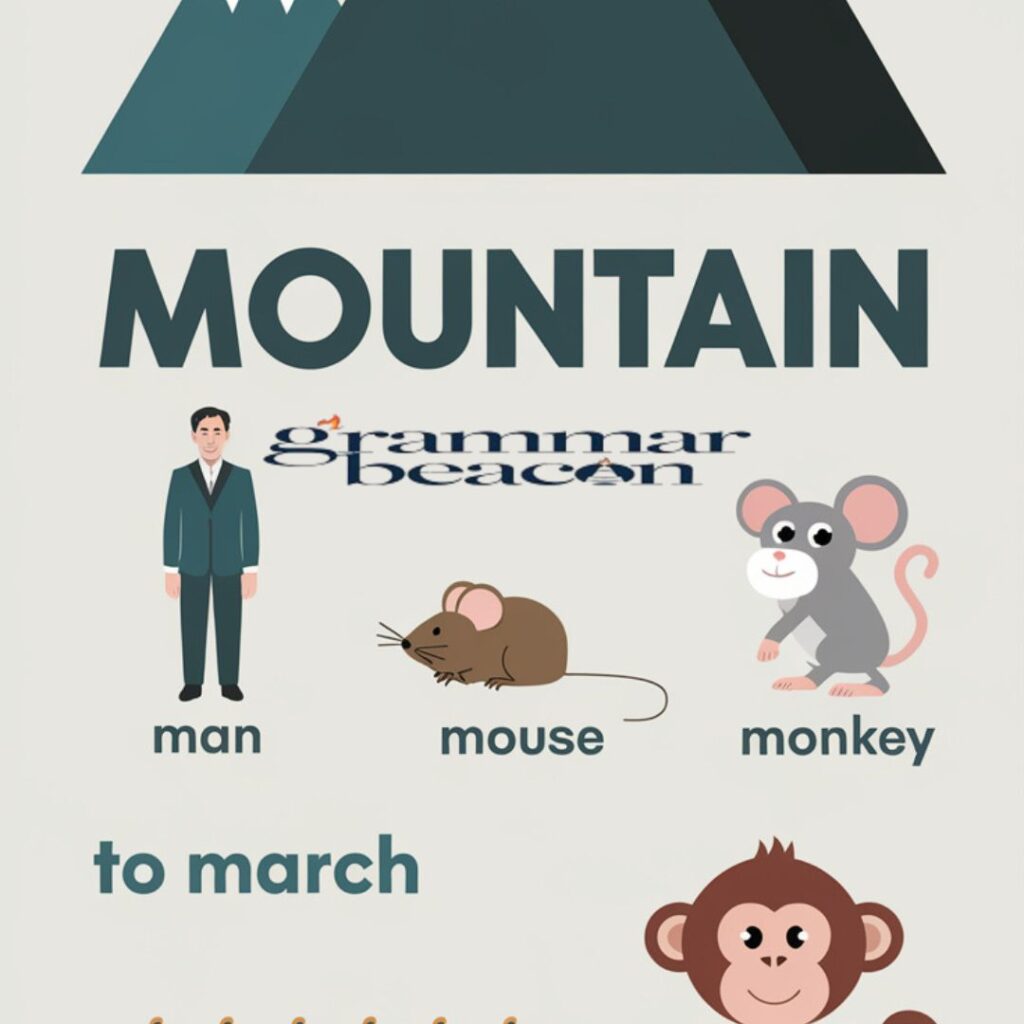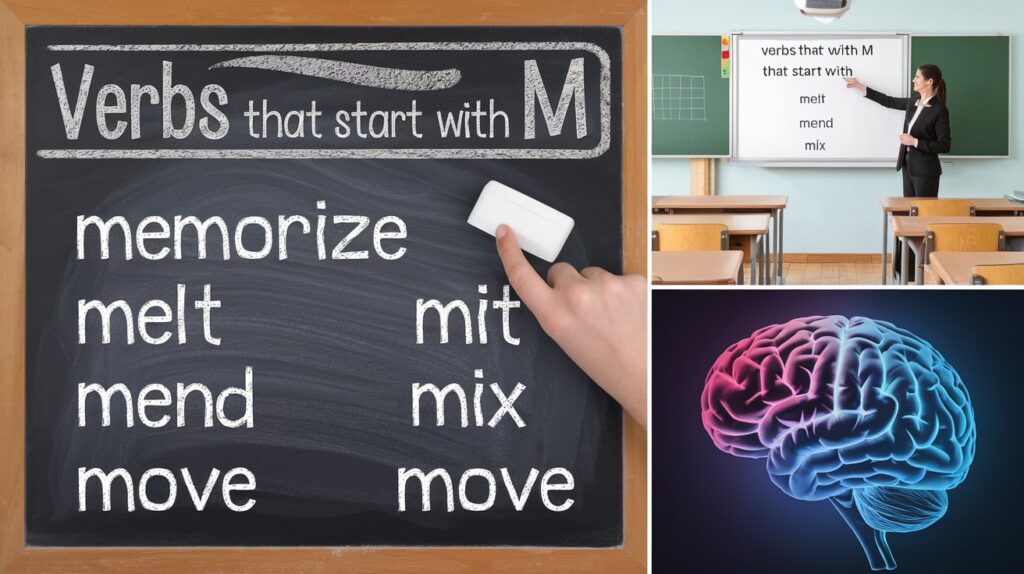Language is a powerful tool that helps us express thoughts like verbs that start with M, feelings, and actions. One fascinating aspect of language is how verbs can shape our understanding and communication.
In this article, we will dive deep into verbs that start with M, providing comprehensive examples and scenarios to illustrate their use. By the end, you will have a thorough understanding of these verbs, their significance in daily communication, and their role in language development.
The Importance of Verbs in Language
What Are Verbs?
Verbs are essential components of language, as they denote actions, states, or occurrences. They are the backbone of sentence construction, allowing us to convey what happens in our sentences.
For instance, in the phrase “She makes dinner,” the verb makes communicates the action being performed.
Why Focus on Verbs That Start with M?
Focusing on verbs that start with M can enhance our vocabulary, particularly for children and learners. These verbs not only describe actions but also convey emotions, intentions, and processes. Incorporating a variety of verbs enriches our language and helps in precise communication.
Top 100 Commonly Used Verbs That Start with M [2024]

Let’s look at these verbs starting with the letter M:
- Make
- Meet
- Manage
- Move
- Melt
- Mend
- Mingle
- Master
- Motivate
- Monitor
- Mimic
- Magnify
- Migrate
- Manipulate
- Mix
- Morale
- Meditate
- Manifest
- Memorize
- Modify
- Muffle
- Multiply
- Marinate
- Massage
- March
These verbs encompass a range of actions, from physical movements to emotional expressions.
Scenario Examples for Commonly Used Verbs
Make
- Scenario: You are planning a birthday party. “I will make a cake for my friend’s birthday.”
- Usage: The verb make indicates creating or preparing something.
Meet
- Scenario: At a job interview, you say, “I’m excited to meet the team and discuss my ideas.”
- Usage: Here, meet refers to coming into contact with someone.
Manage
- Scenario: During a team meeting, a manager states, “We need to manage our time effectively to meet the deadline.”
- Usage: Manage involves overseeing or controlling something.
Move
- Scenario: In a dance class, the instructor says, “Let’s move in sync with the music.”
- Usage: The verb move signifies physical motion.
Melt
- Scenario: On a hot day, you notice your ice cream. “Hurry up, or it will melt all over the floor!”
- Usage: Melt describes the process of turning from solid to liquid.
Mend
- Scenario: After the storm, you see a tear in your tent. “I need to mend this before our next camping trip.”
- Usage: Mend means to repair something.
Mingle
- Scenario: At a party, someone encourages you, “Go ahead and mingle with the guests!”
- Usage: Mingle implies socializing with others.
Master
- Scenario: A student shares, “I want to master the piano before my recital.”
- Usage: Master means to become highly skilled in something.
Motivate
- Scenario: A coach tells the team, “Let’s motivate each other to give our best performance.”
- Usage: Motivate indicates inspiring someone to take action.
Monitor
- Scenario: During a project, a supervisor says, “I will monitor our progress weekly.”
- Usage: Monitor refers to observing or checking the status of something.
The Role of Verbs That Start with M in Everyday Communication
Using verbs that start with M can enhance everyday communication by providing more specific and dynamic descriptions of actions. Let’s look at how these verbs can fit into different contexts.
like to read : What Does CBFW Mean? A Comprehensive Guide – Grammar Beacon
Expressing Actions in Various Contexts
Verbs serve different functions based on context. They can express actions, describe mental states, or illustrate processes. Understanding how to use verbs effectively can improve clarity in communication.
Physical Actions: Verbs like move and melt describe tangible actions. For example, “The ice will melt quickly in the sun.”
Emotional Actions: Verbs such as motivate and mend convey feelings and relationships. For instance, “She always knows how to motivate her friends during tough times.”
Cognitive Actions: Verbs like manage and monitor refer to thought processes and responsibilities. For example, “He needs to manage his time better to complete his tasks.”
Positive & Impactful Verbs That Start with the Letter M

Positive verbs can uplift conversations and contribute to a more constructive atmosphere. Here are a few positive verbs starting with M:
- Motivate
- Make
- Mend
- Magnify
- Mingle
Using positive verbs can enhance your language, making interactions more encouraging and inspiring.
Examples of Positive Usage
- Motivate: “Her words always motivate me to do better.”
- Make: “I love to make people smile with my jokes.”
- Mend: “It’s important to mend broken relationships.”
How Can Learning Verbs That Start with M Help in a Child’s Language Development?
Teaching verbs that start with M is crucial for children’s language development. Here are several benefits:
Vocabulary Expansion
Introducing children to verbs that start with M expands their vocabulary. Words like manage, mend, and mingle help children express a wider array of thoughts and actions.
Understanding Action
Verbs are fundamentally about action. Teaching children to use these verbs helps them recognize and describe the actions they see around them.
Enhancing Communication Skills
Using a rich variety of verbs allows children to articulate their thoughts and feelings effectively. This boosts their confidence in both speaking and writing.
Practical Learning Activities
Engaging children in activities that involve verbs that start with M can reinforce their learning. For example, role-playing scenarios can help them practice using these verbs in context.
25 Words That Start with M for Everyday Communication
To enhance communication, here’s a list of 25 words that start with M:
- Morning
- Message
- Money
- Mood
- Meeting
- Moment
- Memory
- Market
- Map
- Magic
- Movement
- Milestone
- Musical
- Major
- Manifest
- Mature
- Mistake
- Motive
- Mysterious
- Medal
- Merry
- Maple
- Magnificent
- Monument
- Mystique
These words are versatile and can enhance everyday conversations.
Full List of Verbs That Start with M
Expanding on our earlier lists, here’s a full list of verbs that start with M:
- Make
- Meet
- Manage
- Move
- Melt
- Mend
- Mingle
- Master
- Motivate
- Monitor
- Mimic
- Magnify
- Migrate
- Manipulate
- Mix
- Morale
- Meditate
- Manifest
- Memorize
- Modify
- Muffle
- Multiply
- Marinate
- Massage
- March
This comprehensive list provides a broad array of actions to enhance your vocabulary.
Identifying M Verbs in Sentences
To identify verbs that start with M in a sentence, look for action words. For example, in the sentence “She moves gracefully,” the verb moves indicates the action performed by the subject.
Examples:
- Mend: “He can mend the broken chair.”
- Monitor: “We will monitor the project’s progress closely.”
Recognizing these verbs allows you to understand and construct sentences more effectively.
Summary About Verbs That Start with M

In summary, verbs that start with M play an essential role in language development. They are vital for expressing actions and ideas, enhancing vocabulary, and improving communication skills. Teaching children these verbs can significantly aid in their overall language development.
The Impact of Verbs on Language Skills
Understanding and using verbs correctly can have a profound impact on language skills. Verbs that start with M not only diversify vocabulary but also enrich communication.
like to read more : Unpacking JSP Meaning in Text – Grammar Beacon
Benefits of Diverse Vocabulary
- Improved Expression
: A broader vocabulary allows for more nuanced expression.
- Enhanced Comprehension: Recognizing various verbs aids in understanding written and spoken language.
- Increased Engagement: Using diverse verbs makes conversations more engaging and lively.
Key Takeaways
- Verbs are essential for expressing actions and states.
- Focusing on verbs that start with M enriches vocabulary and enhances communication skills.
- Learning these verbs aids in language development for children and learners of all ages.
| Key Points | Summary |
| Importance of Verbs | Verbs are the backbone of sentence construction. |
| Positive Verbs | Enhance communication and inspire action. |
| Role in Language Development | Aid in vocabulary expansion and effective expression. |
| Practical Activities | Role-playing and interactive learning enhance understanding. |
| Full List of Verbs | A diverse range of verbs provides more expressive language options. |
By engaging with these verbs that start with M, you can transform your language skills and communicate more effectively in all aspects of life. The richness of language lies in its diversity, and by exploring verbs starting with M, you add depth to your expressive capabilities
This article now encompasses a wide range of verbs starting with M, their applications, and their significance in language development.
Conclusion

In conclusion, understanding and utilizing verbs that start with M can significantly enhance your language skills and communication abilities. These verbs are not just ordinary words; they serve as powerful tools that enable us to express actions, emotions, and ideas with clarity and impact.
By incorporating these verbs into your vocabulary, you can articulate your thoughts more effectively and engage in richer conversations .Learning verbs is especially beneficial for children, as it lays a strong foundation for their language development.

James Logan is a seasoned blogger and language enthusiast behind Grammar Beacon. With years of experience in grammar and writing, James shares his expertise through insightful and engaging content. His passion for clear communication and linguistic precision shines in every post, making complex grammar concepts accessible and enjoyable for readers. Follow James for expert advice and tips to refine your writing skills.







